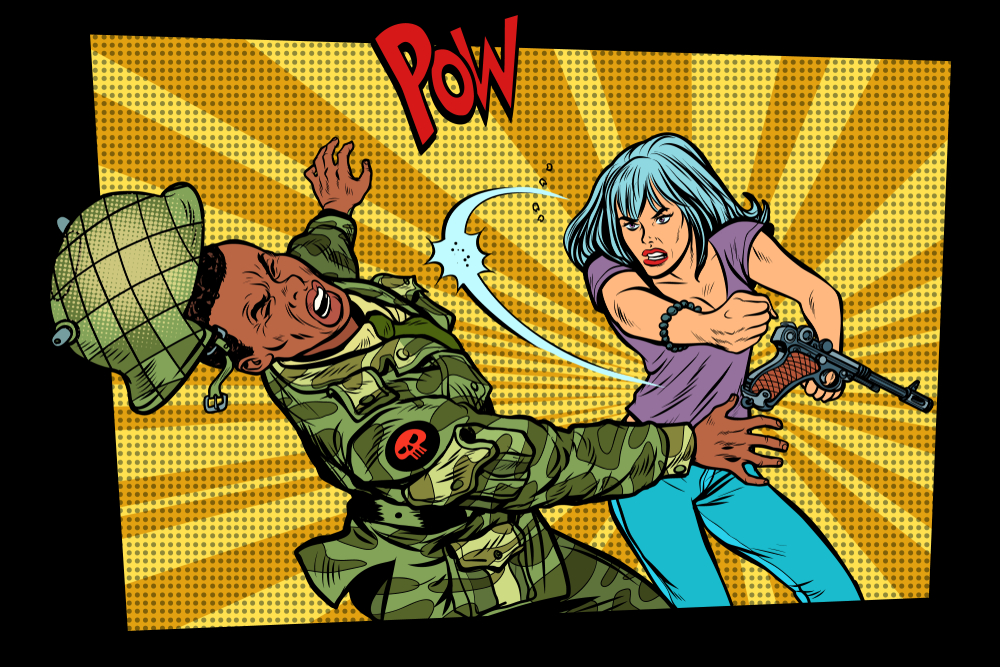After years of obfuscation and delay, an undeclared state of civil-war has intensified in Chile’s complex, fractured betting industry.
A dozen of the leading South American nation’s online sports betting websites have been blocked by Supreme Court order since Wednesday, following an appeal for an injunction to be imposed on the digital platforms by the state-sanctioned Concepción Lottery.
Chile currently operates a complex “don’t ask, don’t tell” gambling regime.
No Man’s Land
Four operating verticals, the Concepción Lottery, land-based casinos, the state’s own charity-driven “Polla” lottery and authorized racetracks, are allowed to function under law.
But iGaming is still unregulated and fixed in a murky legal no man’s land; although the 12 sites–run by Betano, Betway, Betcris, Coolbet, Juegaenlinea.com, 1XBet, Rivalo, Betsson, Rojabet, Betwarrior, Betsala and MiCasino.com–have hitherto been operating without sanction.
Amid opposition from brick-and-mortar casinos and the state lottery, a bill to legalise online gambling and iGaming has been stalled in Chile’s Congress for years.
Cannibalization
At heart lies that old canard of cannibalization – the fear by traditional retail operators that new legal iGaming will undermine their monopoly and cut into their profits.
This latest ruling by Chile’s Supreme Court has held that: “[Online gambling] is an illegal activity, identified and reported by the Superintendent of Casinos to the Public Prosecutor’s Office.”
But the country’s Association of Online Betting Platforms (aPAL) , which represents sports betting houses, maintains that while its market has not been regulated, the activity is not illegal per se – and has not been declared illegal by any authorities.
And Carlos Baeza, a top gambling lawyer, representing aPAL, contends that this current Supreme Court ruling is not “a declaration with regulatory effect”,
Appeal
“It is an appeal for protection filed by the Concepción Lottery against six telecommunications companies, and the platforms are not a party to it,” stressed Baeza: “[And] the platform operators [themselves] have nothing to comply with.

“The order contained in this ruling is limited to 12 URLs that the defendant telecommunications companies must block, and we understand that they already did so that same day.
“Like all court rulings, this ruling has relative effect only for the parties to this appeal, and no one else.
“This ruling has no general effect and sets no precedent. It doesn’t affect the industry, nor does it have general application, nor does it set a precedent,” Baeza told iGamingFuture.
By extension, aside from the 12 websites, who have been dubbed “The Dirty Dozen” by anti iGaming factions, other online gambling platforms in Chile can continue to operate normally.
The Concepción Lottery filed the appeal against the internet providers Claro Chile SpA, Empresa Nacional de Telecomunicaciones SA, GTD Manquehue SA, Telefónica Chile SA, WOM SA and VTR Comunicaciones SpA.
New Front
In response the Supreme Court ruled that: “The respondents may not broadcast or promote games of chance, unless they prove legal authorization and authorization from the administrative authority, and must therefore immediately block all the websites requested by the appellant in these proceedings.”
But aPAL, for their part, countered: “The Supreme Court’s recent ruling on online gambling creates uncertainty, contradicts criminal justice rulings, and constitutes a setback that doesn’t resolve the underlying problem: The lack of a clear law regulating this activity.”
It appears that a new and explosive front in Chile’s gambling civil war has opened.
Watch this space.




